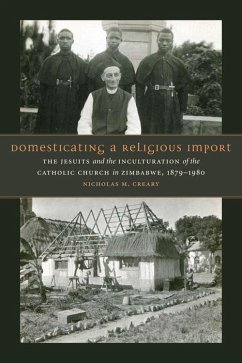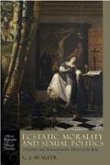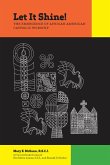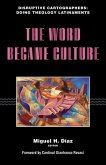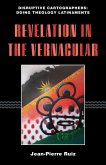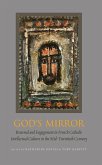Catholic theologians have developed the relatively new term inculturationto discuss the old problem of adapting the church universal to specific local cultures. Europeans needed a thousand years to inculturate Christianity from its Judaic roots. Africans' efforts to make the church their own followed a similar process but took less than a century. Until now, there has been no booklength examination of the Catholic Church's pastoralmission in Zimbabwe or of African Christians' efforts to inculturate the Church.Ranging over the century after Jesuit missionaries first settled in what is now Zimbabwe, this enlightening book reveals two simultaneous and intersecting processes: the Africanization of the Catholic Church by African Christians and the discourse of inculturation promulgated by the Church. With great attention to detail, it places the history of African Christianity within the broader context of the history of religion in Africa. This illuminatingwork will contribute to current debates about the Catholic Church in Zimbabwe and throughout Africa.

